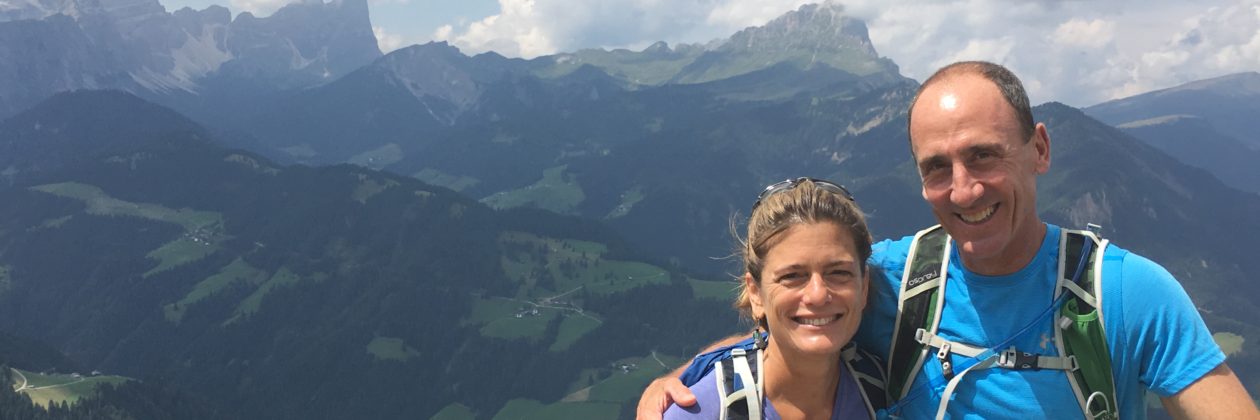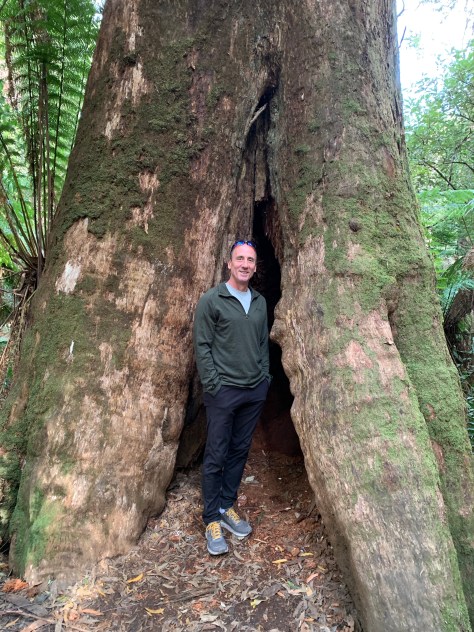
Here is the profound and disturbing question I asked myself this morning bathed in sunlight sitting in what has become my morning breakfast chair. Why does the first cup of coffee taste so fantastic that I immediately want a second cup, but if I indulge in that second cup it puts me over the edge? If this is not a metaphor for my life, I am not sure what is.
Think of the sheer volume of revelations in this one question. Why do I need that cup of coffee in the first place? Is my life so stagnant that it requires a caffeine spark to jolt to action after a night’s sleep? Okay, so the answer to that question has been and always will be, duh, yeah. For those of you who do not drink coffee and have the uncanny ability to rise and shine sans caffeine, I am convinced you evolved from a separate branch of the human tree: homo sapiens non julius.
Second question: if after repeatedly making the same mistake and indulging in a second cup of coffee only to inflict tremor-like agitation throughout my central nervous system, why do I allow myself to repeat this insanity every morning? My brain knows to stop at one cup. What organ in my body drives me to drink the second? My heart? Now that would be interesting. I am literally killing myself with my own kindness.

Sort of along the same lines, Melissa is addicted to swimming, not the splash in the pool type, but the goggles and cap, flip turn, stay the hell in your own lane type. She has shown remarkable restraint and control, however, lasting several days, even a week or two, before methodically plotting, via Google, the most direct route to the nearest pool. Remember, please, we are in a 12th century, medieval town in the middle of France. Nonetheless, Melissa identified a public pool within a radius of us that she determined (through her own remarkable Watson-encrypted reasoning) would make the perfect day-trip. A couple of cab rides and a few kilometers walk later, we completed our laps for the day.
I won’t mention the ratio of Melissa’s laps to mine. I swam in the lane with the elderly lady doing something resembling the backstroke and wearing (I am not making this up) her reading glasses. I was only marginally faster than her. Melissa swam in the lane with the slightly overweight guy also wearing a swim cap and those difficult to get out of your mind’s eye jockey swim trunks, who looked as if he was about to explode trying to keep up with Melissa’s dolphin-like pace. I was able to observe all this because I had a wee bit of time between completing what I considered an appropriate work out and what Melissa considered an appropriate work out.
I am actually glad I married this woman. Many of my male friends struggle to keep off that little pudge around their middles, and I sympathize. They work long, hard hours and come home to dinner and a beer or two. I, on the other hand, take a six month sabbatical only to discover that in addition to visiting six countries I have never set foot in before, I have also swum in six different pools including a few truly extraordinary ones in Australia. It could be worse. What if Melissa was in to BMX bike racing? Please don’t tell her I suggested that.
We are nearing the end of this two-week stay in Sancerre. Melissa’s French has improved dramatically, especially after a few glasses of wine. At least I think it has. I can’t understand anything anyway. However, after a few glasses of wine, I am better at pretending to follow the conversation. After ten days in Sancerre, I seem to have a similar issue with drinking that second (or third or fourth) glass of wine as I do with drinking that second cup of coffee. Melissa says the wine is not as strong here. I’m going with that.
In the spaces between the silliness and fun of this trip, I ask myself, more seriously, how did doing nothing become so fun? Case in point. On Saturday we walked about a mile to a bike shop, intent on renting a couple for the day, only to discover the shop was closed. Undaunted, we wandered aimlessly until we came upon a bus stop and decided we would take the only bus to Bourges, a nearby town. We waited an hour. The bus never showed. You might wonder what we did for an hour, what we talked about. I have no idea.
Pressing on, we wandered along the canal into one small hamlet after another with no objective other than finding something to eat. We suddenly realized we were quite hungry. After being told at several places that dejeuner was terminé, we stumbled into a patisserie, bought a pizza-like square of melted cheese, mushrooms and ham and a palmier (my favorite), sat on a cement wall next to the road and called it a picnic. By late afternoon, we completed this random rambling circuit by trudging up the hill to our apartment. In any other place at any other time in our lives, the events (or non-events) of this day would have generated at least one or two grouchy moments.



If for years I have caved in so easily to the temptation of a second cup of coffee, why have I resisted, until now, the joy of doing nothing with someone I dearly love?
C’est la vie.






































































































